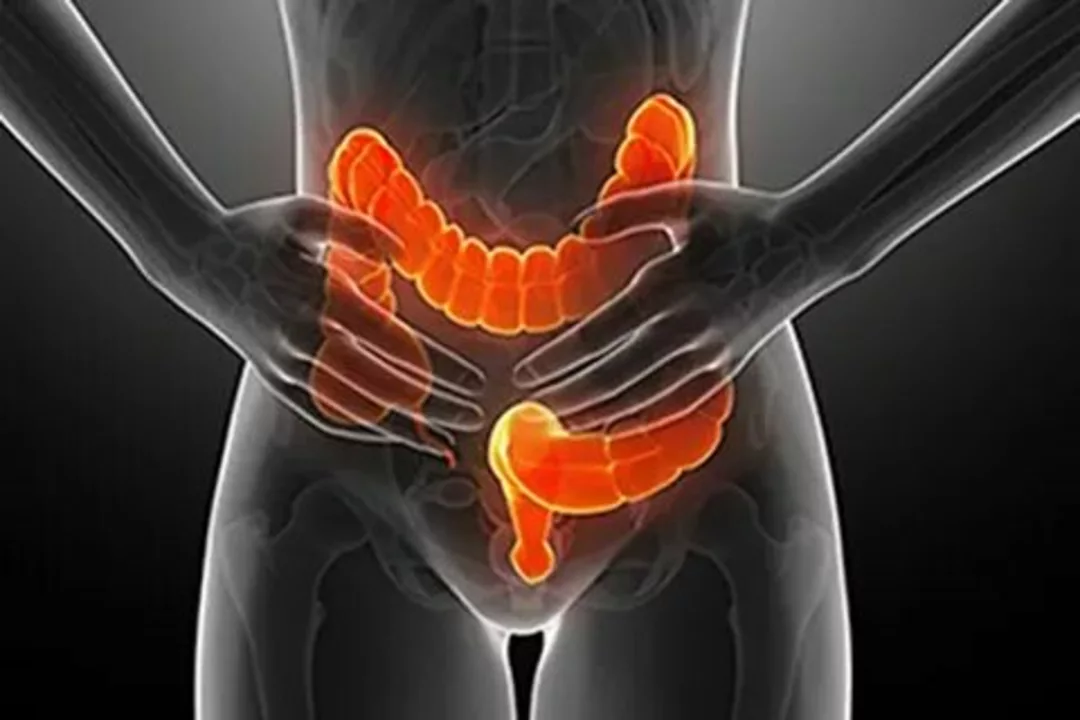Inflammation Explained – What It Is and How to Tame It
Ever wonder why a bump turns red and sore? That’s inflammation at work. It’s your body’s alarm system, but when it sticks around too long it can cause real problems.
In plain terms, inflammation is the immune response that brings blood, cells, and chemicals to an area that needs repair. The goal is to clear out bad stuff and start healing. When everything works as planned you feel better after a few days.
Things that set off this alarm include cuts, infections, too much stress, and even the food you eat. Smoking, sugary drinks, and processed snacks can keep the fire lit. Even sitting still for hours can make low‑grade inflammation creep in without you noticing.
The signs are pretty obvious: pain, swelling, warmth, and a reddened surface. Some people also feel constant fatigue or joint stiffness – those are clues that low‑grade inflammation might be hanging around.
Good news is you have a lot of control. Eating more omega‑3 rich fish, berries, and leafy greens can cool the fire down. Moving your body with gentle walks or stretching helps blood flow and clears out waste. Getting 7‑8 hours of sleep each night gives your immune system time to reset.
If home tricks aren’t enough, doctors may suggest over‑the‑counter pain relievers like ibuprofen or prescription options such as low‑dose steroids. Natural remedies like turmeric or ginger can also add a calming boost, but talk to a professional before mixing them with meds.
Here’s a quick daily checklist: 1) Eat a colorful plate, 2) Stay active for at least 30 minutes, 3) Limit sugar and processed foods, 4) Prioritize sleep, 5) Manage stress with breathing or meditation. Follow these steps and you’ll keep inflammation in check.
Everyday Foods That Fight Inflammation
Think of food as fuel for your immune system. Fatty fish like salmon deliver EPA and DHA that directly block inflammatory pathways. Berries are packed with antioxidants that mop up free radicals. Nuts, especially almonds and walnuts, give you healthy fats and magnesium, another anti‑inflammatory buddy.
Spices matter too. Turmeric’s active compound curcumin is a powerhouse; just add a pinch to soups or smoothies. Ginger works similarly and can be steeped as tea. The key is variety – the more colorful your meals, the better you’ll fight inflammation.
Quick Relief Tricks You Can Try Today
If you’re already feeling sore, grab an ice pack for 10‑15 minutes to shrink blood vessels and dull pain. A warm shower or heating pad after the first day can relax muscles and improve circulation.
Gentle movement, like a short walk or light yoga, keeps joints lubricated without overloading them. Staying hydrated flushes out toxins that keep inflammation humming. And remember, deep breathing for a few minutes lowers stress hormones that fuel chronic inflammation.
The Connection Between Colitis and Heart Health
In my recent research, I've discovered a fascinating connection between colitis and heart health. It turns out that inflammation in the gut can contribute to an increased risk of developing cardiovascular diseases. Additionally, certain medications used to treat colitis may also have an impact on our heart health, making it even more important to monitor and manage both conditions. As someone who's always looking to improve my overall well-being, I find this information crucial in understanding how to maintain a healthy heart while dealing with colitis. Stay tuned for more insights on this topic, as I will be diving deeper into the research and sharing my findings with you all.
More
